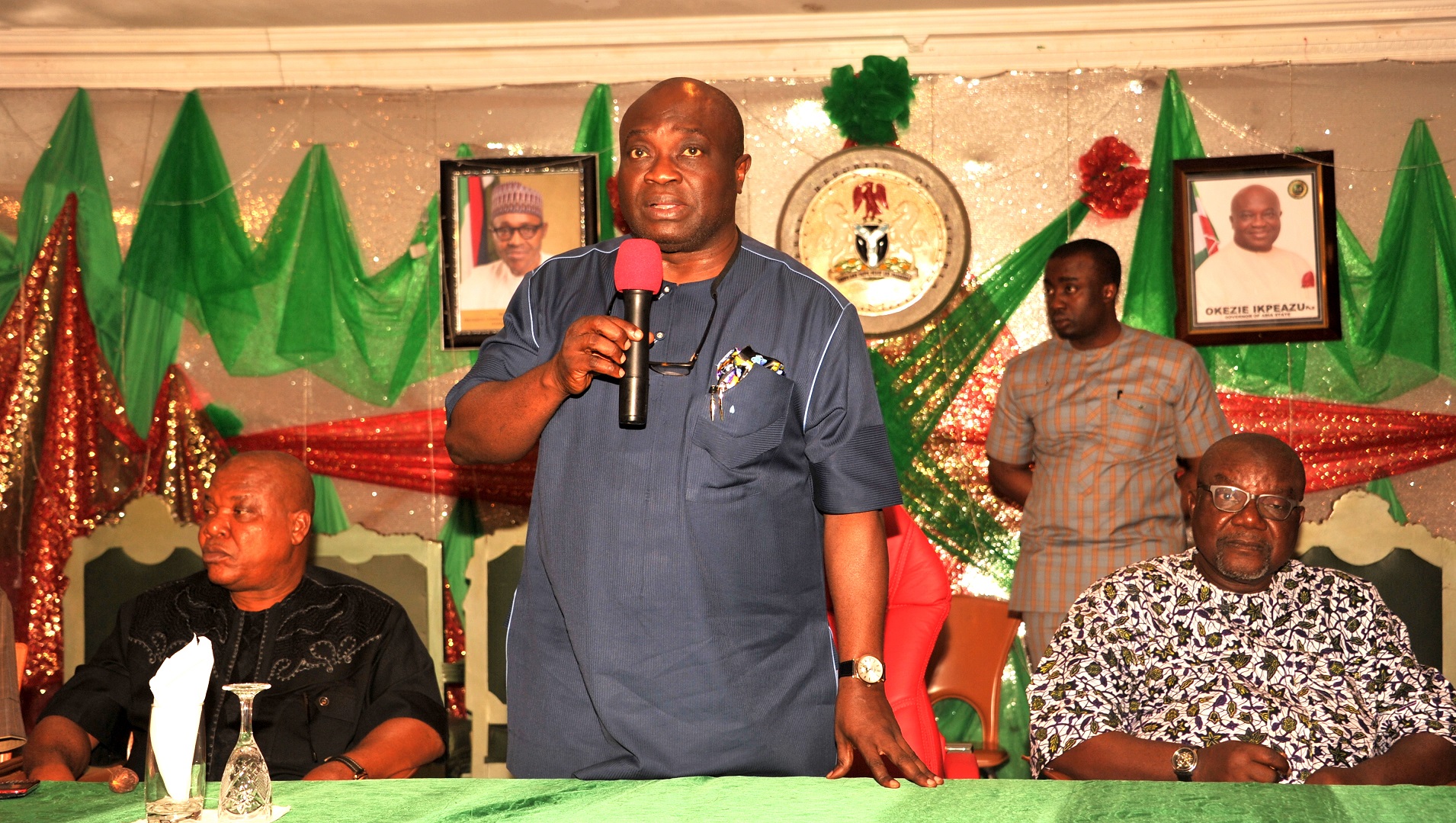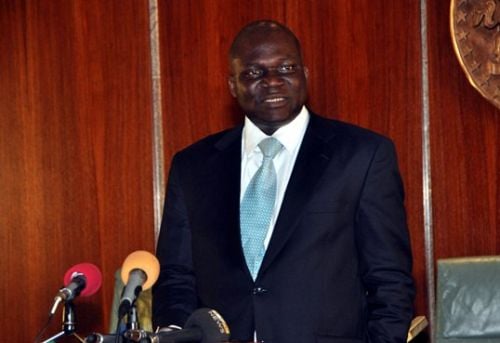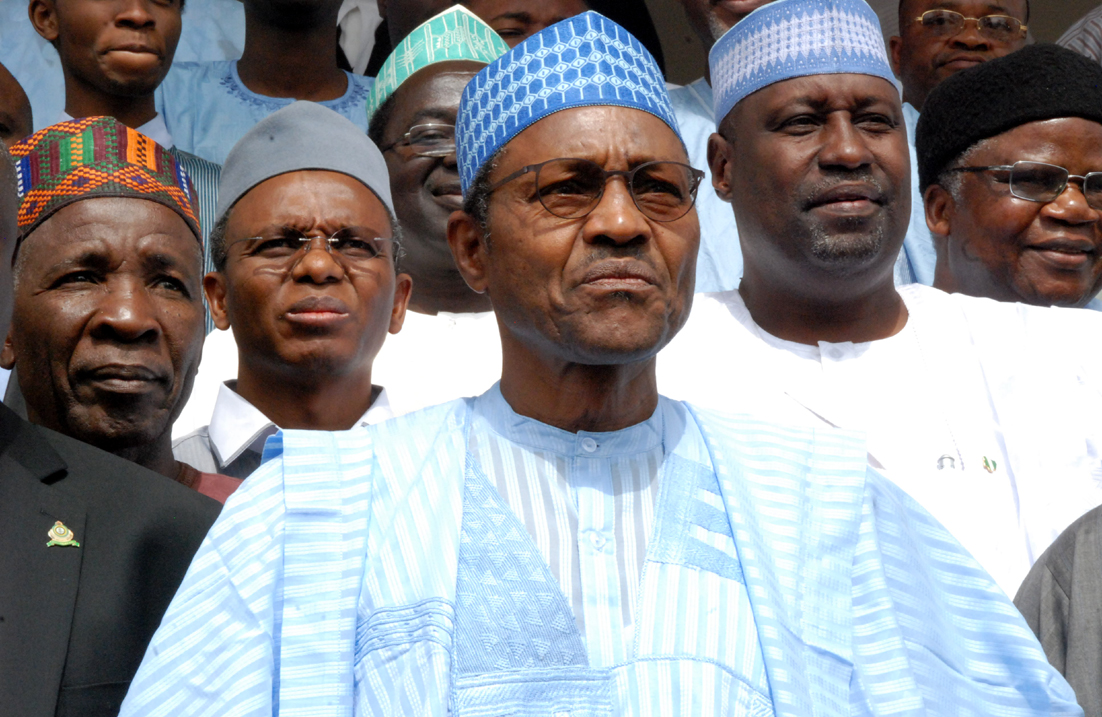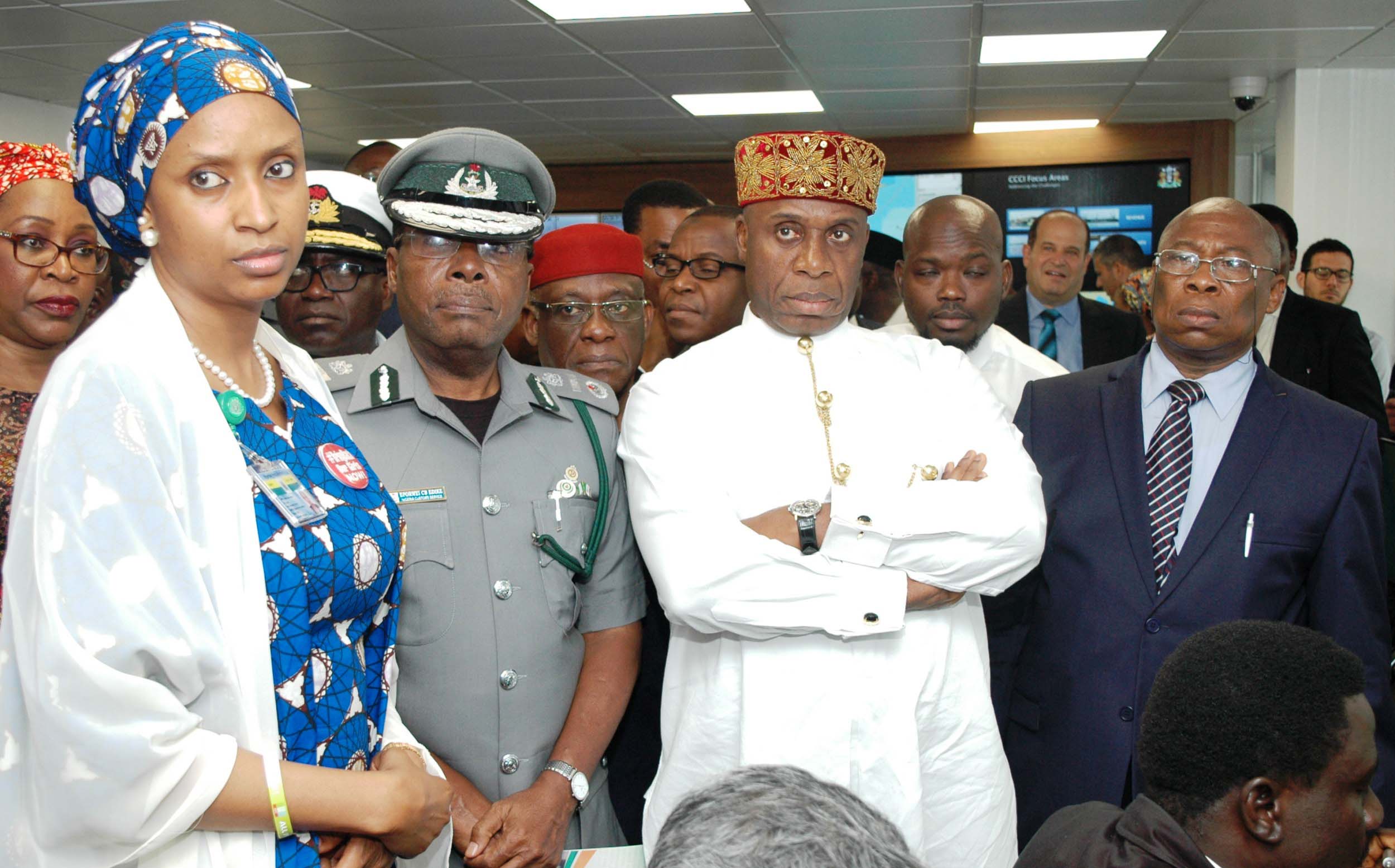It was Thomas Jefferson who said if it were left to him to choose a government without newspapers or newspapers without a government, he would not hesitate to choose the latter. I don’t think he meant this to suggest that he preferred anarchy to order. Not a man who had seen death and destruction brought on by the American War of Independence. Or one who made this famous remark in Paris, barely two years before the French Revolution.
Jefferson was not a stranger to both the redeeming and destructive power of force.
The point, really, is that he believed that a free press plays a very important role in keeping government honest, without which tyranny takes hold. It is not just for the purpose of professional gratification that the press is also esteemed the fourth estate of the realm – the other realms being the executive, the legislature and the judiciary.
Section 22 of the Nigerian constitution provides that, “the press, radio, television and other agencies of the mass media shall at all times be free to uphold the fundamental objectives in this Chapter (2) and uphold the responsibility and accountability of the government to the people.”
Advertisement
As I understand it, this provision implies that every arm of government, including the judiciary, is under the radar. It does not suggest superiority or adversarialism. It simply means that in the exercise of its role as watchdog, the press should be mindful that its primary duty is to engage and interrogate power, in the public interest.
In pursuing this agenda, there are areas where the judiciary and the media can find common ground.
I don’t know how many judges are on Twitter, FaceBook, Instagram or SnapChat. It is the age of social media all right; but the press – and here I mean legacy media and its extensions in modern forms – remains the only way that the public gets to know what the judiciary is doing. As the English philosopher Jeremy Bentham said, “In the darkness of secrecy, sinister and evil [forces] of every shape have full swing. Only in proportion as publicity has place can any of the checks applicable to judicial injustice operate. Where there is no publicity, there is no justice. Publicity is the very soul of justice. It is the keenest spur to exertion and the surest of all guards against improbity. It keeps the judge himself while trying under trial.”
Advertisement
In a democratic society, the three arms of government are separate, acting as checks and balances. In this sense, the judiciary plays the vital role of checking the two other arms of government through the court system; while the media, on its part, also acts as a check on government through exposés. Yet the press itself is not above the law.
I am of the view that well-investigated media reports can very often be a valuable resource in protecting and deepening judicial integrity and independence, just as judicial vigilance in protecting fundamental freedoms, including freedom of speech, can also help to guarantee not just freedom of the press, but freedom for society as a whole.
In an article entitled “Judicial Independence And Freedom Of The Press,” Thomas Schanttenfield, quoted Justice Frankfurter thus, “A free press is not to be preferred to an independent judiciary, nor an independent judiciary to a free press. Without a free press, there can be no free society. Freedom of the press is not an end in itself, but a means to the end of a free society. The independence of the judiciary is no less a means to the end of a free society, and the proper functioning of an independent judiciary puts the freedom of the press in its proper perspective.”
Does this mean an absence or denial of conflict in the relationship between the judiciary and the media? Far from it! In some cases where such conflicts have manifested they have led to the strengthening of the institutions and served society well.
Advertisement
One example that comes to mind easily is the case of Anas Aremeyaw Anas, a Ghanaian journalist who did an undercover report on corruption in the Ghanaian judiciary last year.
His report showed widespread corruption in the judiciary in a network involving clerks, bailiffs and respected judges. According to one report, “34 judges and magistrates were caught on a hidden camera receiving enticements of money, goats, sheep, and even foodstuff. As a result, presumed robbers, murderers, drug traffickers, rapists and litigants in land cases were set free.”
His lordships were enraged by the report and initially tried to block it by filing a suit for contempt against Anas. But the Attorney General stepped in and the report was released. By the time the dust settled, the Judicial Council removed 20 out of the 21 judges and magistrates mentioned in the report.
In a less dramatic, more recent case, City Press of South Africa carried a report of a judge who was directly calling counsel in cases before him vowing to deal with them “personally and professionally.”
Advertisement
Of course there are journalists who have also had to face the law for professional misconduct. As I said early on, journalists are not above the law.
In the cases cited above, however, institutions and society have been better served by publicity. That does not diminish the importance of judicial independence, a concept commonly defined as “the principle that judges should reach legal decisions free from any outside pressures, political, financial, media-related or popular.”
Advertisement
In my view, there are three main reasons why judicial independence is important. They are: to ensure that cases are judged without influence; to strengthen democracy, and to promote the rule of law.
In an article by the Canadian Judicial Council, entitled, “The Canadian Justice System And The Media,” a few tips are provided for journalists to help them navigate threats that could endanger judicial independence. The tips, framed as questions, include:
Advertisement
- How close is the trial?
- Does the report explicitly link the accused to the crime?
- Does the report reveal an accused person’s criminal record in a tendentious way?
- Does a publication express opinion that could influence the outcome?
- Does a published opinion scandalise the courts?
From my experience, the most common, if not pernicious form of judicial restraint is trial by the media. This is compounded by a media culture of bad news is good news. Once a name gets mentioned in connection with potential involvement in any crime or wrongdoing either by the police or any other investigating authority, the media tend, quite often, to treat the suspect as guilty until they prove their innocence. On the contrary, the law presumes innocence until guilt is proven.
The court of public opinion mediated by the press – and increasingly by non-press actors or so-called citizens – can be quite loud, trenchant and persistent. It does not seek nor require evidence to reach its conclusion and shows no remorse even in the face of fact. The suspect is damned if justice is delayed, damned if eventually proven innocent, and damned if proven guilty.
Advertisement
Mob lynching not only imperils every citizen’s right to fair hearing, it also puts judges and other judicial officers under needless pressure that could undermine judicial independence. I think professional groups like the Nigerian Guild of Editors could collaborate with the Nigerian Bar Association and NGOs like the Media Rights Agenda to document and tackle situations like this and, where necessary, make their findings public.
I also think that in a world where the speed and immediacy of the news have crushed those in legacy media who once called themselves “gatekeepers,” media houses that want to be taken seriously could use open source tools and collaborate more on sharing resources – especially training resources – to improve fact-checking and news filtering. Court reporting is a highly specialised beat and cannot be left entirely to rookies and netizens.
But make no mistake about it. I would argue that the greatest threat to judicial independence, especially in recent times, has been the judiciary itself. It has been its own worst enemy. In an article entitled, “The rot in the judiciary,” prominent lawyer and Senior Advocate of Nigeria, Mr. Femi Falana, said the judiciary has been partly responsible for the increasing wave of judicial corruption in the country. “All manner of ex parte orders are issued by judges,” he said, “while judgments totally devoid of justice are handed down by judges.
“Men and women of means and influence charged with theft of billions of naira are either freed or asked to pay ridiculously low fines. The Nigerian judiciary recently became the butt of jokes before the international community when a former governor who was discharged by the Federal High Court was convicted and sentenced to 14-year jail term by a judge in the United Kingdom on the same evidence.”
He said this three years ago, but it sounds familiar even today.
In an editorial published on February 2, The Punch recalled the situation when former Chief Justice of Nigeria, Mariam Aloma-Mukhtar, took office in November 2014: “While she inherited 139 petitions against corrupt judges, some fresh 198 cases were filed during her 28-month tenure out of which 33 were considered worthy of attention.”
I do not wish to comment on ongoing cases, including those of Senior Advocates of Nigeria who allegedly were conduits either for passing on bribes to their lordships or sending them bank credit alerts.
It is sufficient to say that if we are really serious about judicial independence – and there is no reason why we should not be – then the judicial officers themselves must take the lead in their own salvation. They cannot compete with celebrities at social events, moonlight with politicians, join the rat race to be like the Joneses and still expect to retain their freedom.
Of course, there are still judges who remind us of the great tradition of respect and integrity handed down by the Eliases, the Oputas, the Oguntades, the Tobis, the Eshos, the Nnamanis, the Bellos, the Uwaises and the Aloma-Mukhtars. But this tribe appears to be an endangered species.
I think there is a point on which most of us might safely agree, which is that judicial independence is a safeguard not only for judicial officers, but also for society’s wellbeing. If that is the case, we all – the media, the judiciary and indeed the two other arms of government – have a collective responsibility to safeguard the independence of the judiciary.
We may not always agree on how best to do it – and may in fact clash in doing it – but we must never forget that it is in safeguarding the freedom of the judiciary that our very freedoms are safe.
Slightly modified lecture delivered at the international workshop on the fight against corruption by the Presidential Committee Against Corruption in Abuja on Tuesday, July 19, 2016. Ishiekwene is the MD/Editor-In-Chief of The Interview magazine and board member of the Paris-based Global Editors Network.
Views expressed by contributors are strictly personal and not of TheCable.
Add a comment







